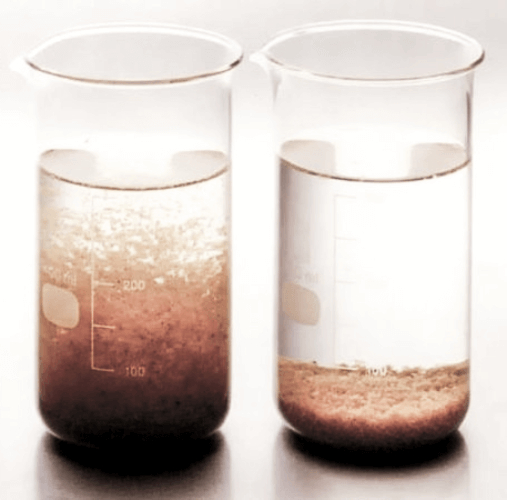

Coagulants and flocculants are essential components in wastewater treatment processes. They play a significant role in removing impurities and pollutants from water before it can be safely discharged back into the environment. Coagulants and flocculants work together to create larger particles that can be easily removed from the water.
Coagulants are chemicals that are added to the wastewater to neutralize the charge on particles, causing them to clump together. These particles then become large enough to settle out of the water or be removed by filtration. Some common coagulants used in wastewater treatment include aluminum sulfate, ferric chloride, and poly aluminum chloride.
On the other hand, flocculants are chemicals that are added to the wastewater to create larger particles. These particles, known as flocs, are created by combining many smaller particles together. Flocculants help to improve the efficiency of the coagulation process, ensuring that the impurities are removed from the water effectively.
Overall, coagulants and flocculants are critical components in the wastewater treatment process. They work together to remove impurities and pollutants from water, ensuring that it is safe to discharge back into the environment. By using these chemicals, wastewater treatment facilities can comply with environmental regulations and help to protect our water resources.
Green Zone Eco Care offers a full range of Coagulants & Flocculants which includes Aluminium Sulphate (Alum), Ferrous Sulphate, Ferric Chloride, Poly Aluminium Chloride (PAC), and low, medium, and high molecular weight polymers.